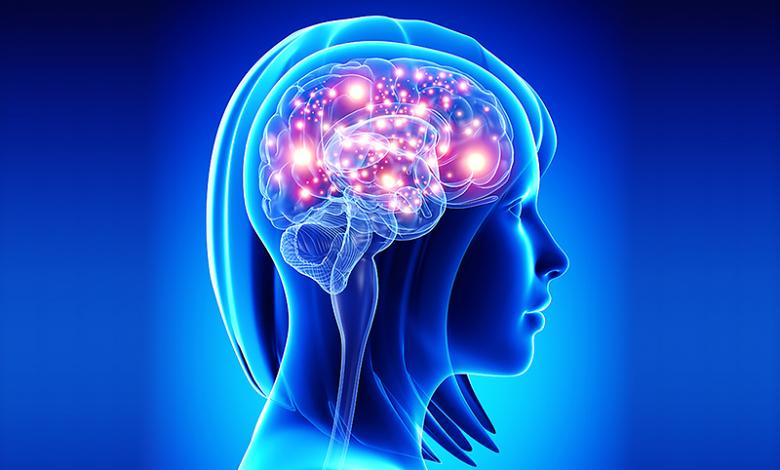
Parkinsonism is a neurological syndrome usually resulting from arteriosclerotic changes in the Basal Ganglia and characterized by rythmical muscular tremors. Posture is describe as droopy and displaying masklike faces. The head is forward, the shoulders are rounded forward accompanied by a notable mid-thoracic kyphosis (posterior hump). Parkinsons symptoms have been linked to mutations, caused by toxins such as the pesticide rotenone. The mutations result in an accumulation of misfolded proteins (prions). The toxins also kills dopamine cells. Loss of dopamine cells in the brain is the hallmark of Parkinson’s. Parkinson’s produces a typical hand tremor known as « pill roller hand ».
Reference : Aaron Mattes, Seminar documentation, 2013
